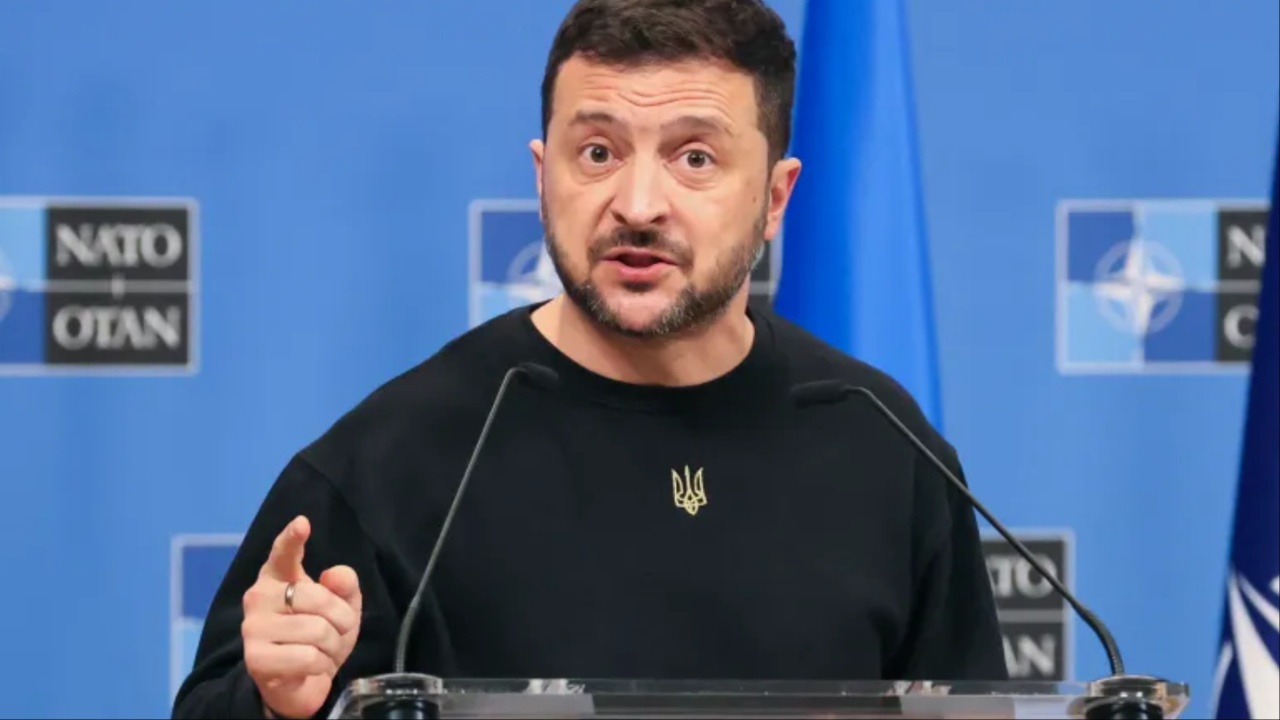President Volodymyr Zelenskyy of Ukraine has made a strong plea to Western allies to take immediate action against the threat posed by North Korean soldiers reportedly joining Russian forces. Zelenskyy warned that North Korean troops, believed to be training at camps in Russia, could soon appear on the battlefield in Ukraine, further complicating the conflict.
Ukraine has identified these training sites but needs permission from Western allies to use their long-range weaponry to launch preemptive strikes. He criticized the inaction of allies like the United States, the United Kingdom, and Germany, urging them to avoid passively observing as North Korea became directly involved in the conflict.
The United States recently confirmed that around 8,000 North Korean troops are now stationed in Russia’s Kursk region, near the Ukrainian border, as they prepare to join the Russian war effort. Ukrainian military intelligence also reported that over 7,000 North Korean soldiers, equipped with Russian weapons, are training at multiple sites in Russia’s Far East.
Western officials view this as a significant escalation that may impact global stability, particularly if military technology transfers occur between Moscow and Pyongyang. Such transfers could enable advancements in North Korea’s nuclear and missile programs, with potential consequences for the Asia-Pacific region and beyond.
North Korean Foreign Minister Choe Son Hui recently met with Russian officials in Moscow, underscoring the growing military and diplomatic ties between North Korea and Russia. Ukrainian leaders have been pressing for permission to strike Russian targets far from the border, which they believe could pressure Moscow to seek a peaceful resolution.

Western Allies Pressed by Zelenskyy to Act as North Korean Troops Bolster Russia’s Forces in Ukraine
However, the Biden administration has hesitated to provide additional missiles, partly due to concerns over escalation risks and missile stock limits. Russia, for its part, has warned that enabling Ukraine to use long-range Western weapons would lead to direct confrontation with NATO—a prospect that raises the stakes of further escalation.
On the battlefield, Ukrainian forces are currently facing intense pressure, described by Ukrainian army chief General Oleksandr Syrskii as “one of the most powerful offensives” by Russia since the full-scale invasion began. Syrskii indicated that Ukrainian forces are experiencing heavy losses and need constant replenishment of troops and supplies to sustain the defense.
The fighting remains particularly fierce along the eastern front, where Russia has been conducting extensive campaigns for months. Despite the intensity of these attacks, Moscow has struggled to maintain control of certain contested areas, including Ukraine’s Kursk region.
In addition to ground combat, Ukraine has endured numerous Russian airstrikes, causing significant casualties and damage. In Kharkiv, a Russian missile killed a policeman and injured dozens, while shelling in Kherson resulted in more civilian deaths, including a woman and several children. Kyiv was subjected to heavy drone strikes, causing air raid sirens to sound for hours and sparking fires.
Although Ukrainian air defenses managed to intercept most of the incoming drones, debris caused power outages and injuries. Ukraine’s Foreign Ministry noted that Russia’s drone attacks appear to be slowing down, potentially due to dwindling supplies. Meanwhile, Russia’s defense ministry reported shooting down Ukrainian drones over Russian territories and Crimea, highlighting the escalation of aerial warfare on both sides.
